Hezbollah attacked several Israeli outposts and launched two "Volcano" ballistic missiles at one of the facilities.
Lebanese media reported on November 4th that Hezbollah launched two Burkan ballistic missiles, meaning "Volcano" in Arabic, carrying large warheads, targeting the Israeli outpost of Jal al-Allam. A Lebanese security official later confirmed the information, stating that this was Hezbollah's first use of this type of ballistic missile.
Hezbollah announced on the same day that the group had attacked six Israeli outposts, hitting targets and destroying numerous pieces of technical equipment. At the end of the video released by Hezbollah, a large plume of smoke rises from what the group identified as "the western gateway to the Jal al-Allam area."
The Burkan short-range ballistic missile is believed to belong to the same family as the Scud, a NATO designation for a series of missiles developed by the Soviet Union in the 1950s. The Burkan has a range of approximately 1,000 km and a diameter of 0.88 m. US officials believe the Burkan is actually the Iranian-developed Qiam 1 missile, capable of carrying a 750 kg warhead.
Hezbollah launched ballistic missiles and attacked an Israeli outpost on November 4th. Video: Hezbollah
Hezbollah launched missiles and attacked a series of Israeli outposts after its leader, Hassan Nasrallah, warned of escalating fighting. Nasrallah declared that Hezbollah "entered the battle on October 8th," a day after the Hamas attack on Israel.
On November 4, the Israel Defense Forces (IDF) attacked several Hezbollah positions in southern Lebanon in retaliation for attacks and rocket launches. Among the IDF targets were Hezbollah facilities and rocket storage areas.
Israeli Defense Minister Yoav Gallant visited the northern region of the country that same day and warned Hezbollah leaders not to make mistakes. "We are defending the north and launching a full-scale offensive in the Gaza Strip. This is our priority," Gallant said.
According to Gallant, Hamas leader Yahya Sinwar in the Gaza Strip "made a mistake and sealed the fate of the group and the region" with the October 7 attack. "Nasrallah will seal the fate of Lebanon if he makes a mistake," Minister Gallant declared.
Tit-for-tat attacks between Israel and Hezbollah and other armed groups in southern Lebanon occur almost daily, raising fears of a large-scale conflict breaking out in the region.
Cross-border fighting has left 72 people dead in Lebanon, including more than 50 Hezbollah fighters and a number of civilians. At least six Israeli soldiers and one civilian were killed.
However, following Nasrallah's speech, Brigadier General Patrick Ryder, a Pentagon spokesman, stated that Hezbollah "will not escalate fighting with Israel" and asserted that "a larger conflict in the region has been averted."
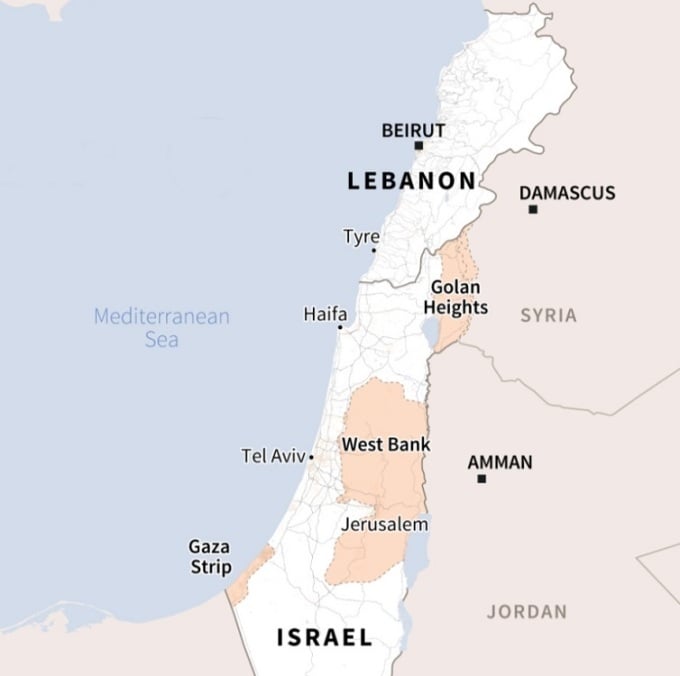
Location of Lebanon and Israel. Graphic: AFP
Nguyen Tien (According to Times of Israel, Newsweek )
Source link



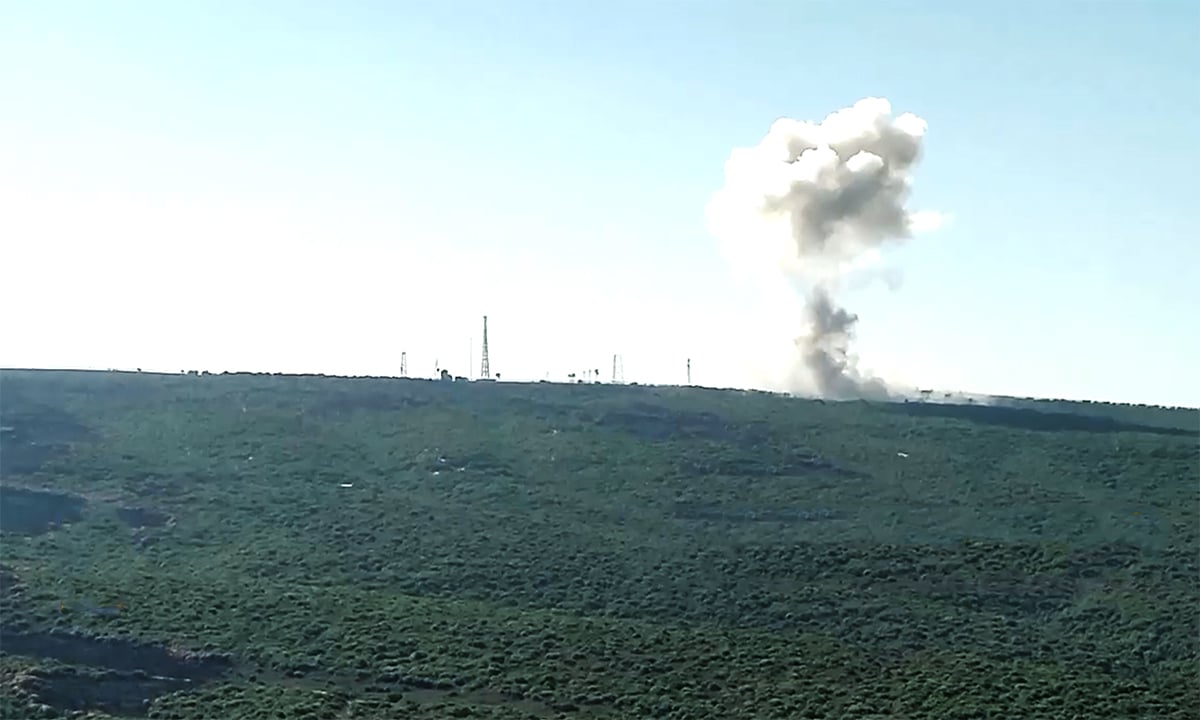




![[Photo] General Secretary To Lam working with the Central Inspection Committee](https://vphoto.vietnam.vn/thumb/1200x675/vietnam/resource/IMAGE/2026/03/05/1772718314670_a1-bnd-8682-5192-jpg.webp)
![[Photo] Prime Minister Pham Minh Chinh receives the Minister of Emergency Situations of the Russian Federation.](https://vphoto.vietnam.vn/thumb/1200x675/vietnam/resource/IMAGE/2026/03/05/1772712011395_ndo_br_thiet-ke-chua-co-ten-76-png.webp)


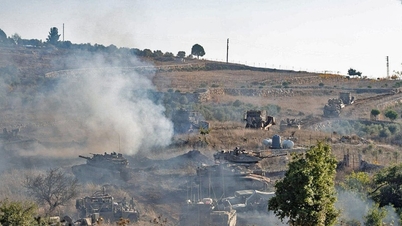
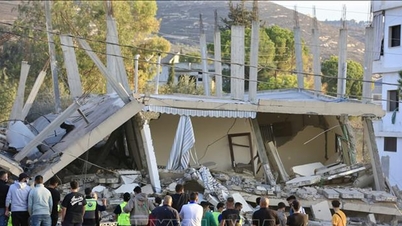

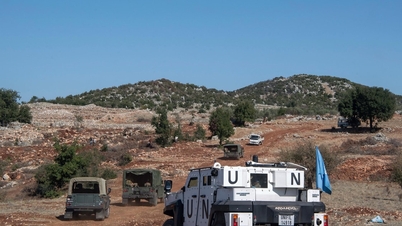





























































































Comment (0)